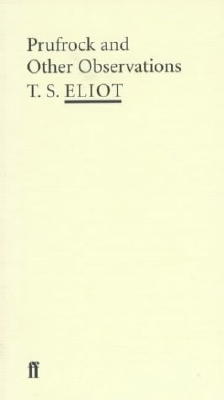1) resonanceThis is a pretty damn good list. But I wonder if I would put the same things in the same order. "Resonance," however, is deep and mysterious enough to be at the top of anyone's list, I should think.
2) mutual adoration
3) mutual respect (to include trust)
4) levity
5) shared time
6) shared tasks (some concept of our common good/common goals?)
7) world expansion
8) stimulation (intellectual, physical)
9) mutual curiosity
10) freshness
Incidentally, whatever mystery "Jane Dark" wants to preserve by her pseudonym has been pretty much given away by her. Just click on the "nominally my boss" link over here. But a pseudonym (heteronym?) may still possess the residual value of deferring (differancing?) identity-in-general when it no longer conceals identity-in-particular. Hm.
An addictive read, Swoon. Aside from the happy ending, one thing I like about it is that it takes the form of an actual epistolary dialogue. I love reading writers' letters, but you usually only get to read the Great (Wo)Man's letters and not those of his/her correspondents.
Still in a bit of a post-exam drift. Today I started to read Thoreau's A Week on the Concord and Merrimac Rivers and then put it down again. Two books of poetry that I seem to be perpetually rereading at the moment are E. Tracy Grinnell's music or forgetting and Sally Keith's Design. (My friends Karen and Jerry are visiting Sally in Rochester this weekend, actually). The book I'm reading most attentively (in the conventional beginning-to-end sense) is The Great War and Modern Memory. Fussell's manner is a little irritating at times, a little fusselly (sorry, couldn't resist), a little arch. But it's a must read if you're interested in modernism. I'm struck most by his claim about the intense literariness of the War—how, thanks to the absence of TV and radio, literature and literacy were enjoying an intensity of prestige that had been and has never again been equalled. A sick but unmistakable sense of nostalgia washes over me when I read this. Media is, quite literally, a means of connection. There's a distinctive pleasure to be found in connecting with one's culture, particularly when that culture has produced something you can almost wholeheartedly embrace (for me lately and surprisingly it's been hip-hop: the Black Eyed Peas, Outkast, and the Grey Album--believe the hype). But there's a particular intimacy of connection (and how much of this intimacy derives from its exclusivity?) to that found in print, particularly poetry. I recognize the world of Swoon as being the world I actually live in, though to find oneself outside it contemplating it obviously puts that perspective sous rature. Swoon,, or the Grinnell or Keith books, make up for what they lack in immediacy quite literally: in their mediacy, their particular sensual and intellectual (no. 8) way of conveying weltanschauung, which is ultimately more compelling and necessary to me than the "message" being conveyed.
In other words: just now down the hall from the Bookery, a saxophone player at Moosewood was playing "I Just Called (To Say I Love You)." The only call we ever want to hear, right? But can we hear it when, as now, it comes served between thickest slices of aural cheese? "Only connect," sure—but are you willing to accept the charges?



